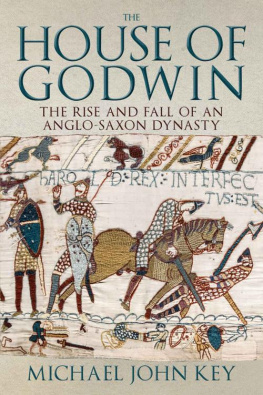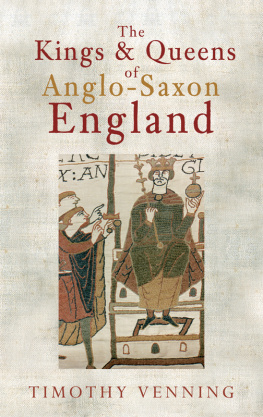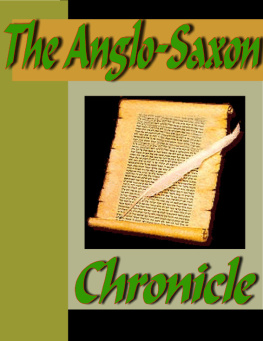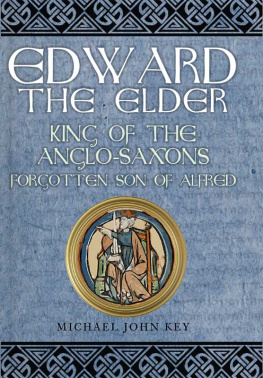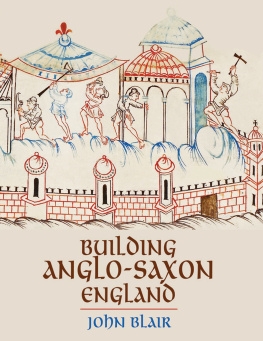John R. (John Randolph) Dos Passos - The Anglo-Saxon Century and the Unification of the English-Speaking People
Here you can read online John R. (John Randolph) Dos Passos - The Anglo-Saxon Century and the Unification of the English-Speaking People full text of the book (entire story) in english for free. Download pdf and epub, get meaning, cover and reviews about this ebook. year: 2021, publisher: Good Press, genre: Science. Description of the work, (preface) as well as reviews are available. Best literature library LitArk.com created for fans of good reading and offers a wide selection of genres:
Romance novel
Science fiction
Adventure
Detective
Science
History
Home and family
Prose
Art
Politics
Computer
Non-fiction
Religion
Business
Children
Humor
Choose a favorite category and find really read worthwhile books. Enjoy immersion in the world of imagination, feel the emotions of the characters or learn something new for yourself, make an fascinating discovery.

- Book:The Anglo-Saxon Century and the Unification of the English-Speaking People
- Author:
- Publisher:Good Press
- Genre:
- Year:2021
- Rating:3 / 5
- Favourites:Add to favourites
- Your mark:
- 60
- 1
- 2
- 3
- 4
- 5
The Anglo-Saxon Century and the Unification of the English-Speaking People: summary, description and annotation
We offer to read an annotation, description, summary or preface (depends on what the author of the book "The Anglo-Saxon Century and the Unification of the English-Speaking People" wrote himself). If you haven't found the necessary information about the book — write in the comments, we will try to find it.
The Anglo-Saxon Century and the Unification of the English-Speaking People — read online for free the complete book (whole text) full work
Below is the text of the book, divided by pages. System saving the place of the last page read, allows you to conveniently read the book "The Anglo-Saxon Century and the Unification of the English-Speaking People" online for free, without having to search again every time where you left off. Put a bookmark, and you can go to the page where you finished reading at any time.
Font size:
Interval:
Bookmark:

Commerce Act," "Commercial Trusts," etc.
England and the United States48
I. How the suggestion arose.48
II. The indefiniteness of the form of the proposed
Alliance..55
Definition of co-operation, alliance, union, or compact61
leading to interfusion between the English-speaking
people.69
expansion of the English-speaking race71
a. The introduction of Christianity into England71
b. The consolidation of the different kingdoms of
England into one..74
c. The influence of the Roman Law upon England's
Progress.77
d. The Great Chartersthe Petition of Rightthe
Habeas Corpus Act, passed under Charlesthe Bill of
Rights in 1688and the Act of Settlement.79
e. The union with Scotland.80
f. Discovery of America.81
g. The independence of the colonies.83
II. Rsum of the foregoing.96
which sustain a union, and which support the historical
growth and tendency to the same end examined..99
I. Union natural as to time and people..100
II. Of the same national family.101
III. The same language..108
IV. The same literature116
V. The same political institutions124
VI. The same laws, legal customs, and general modes of
judicial procedure.133
VII. The same tendency and methods of religious thought
and worship..137
VIII. Intermarriages.138
exhibiting the natural features of the alliance, such
as the drama, sports, pastimes, habits of living.139
X. Resume.140
Examined.142
I. The common interests of both countries demand
co-operationidentity of international action142
Commercial relations144
Financial relations.144
II. Self-preservationprotectionnecessity145
III. Duty146
maintained..152
Preliminary.153
The three methods examined by which a union may be
established..154
By absorption of all into one nation..154
By establishing a federation.154
By a treatyregulating their conduct and intercourse
with each other155
The reasons existing against the first two, and in
favor of the last method156
VII. The subjects to be covered by a Treaty.159
I. The Dominion of Canada to become a part of the United
States of America159
II. Common Citizenship..179
III. The establishment of freedom of commercial
intercourse and relations between the countries
involved, to the same extent as that which exists
between the different States constituting the United
States of America..202
silver, nickel and copper money, not displaying the
same devices or mottoes, but possessing an equal money
value, and interchangeable everywhere within the limits
covered by the Treaty, and (2) to establish a uniform
standard of weights and measures..205
I. The same gold, silver, nickel and copper money205
II. To establish a uniform standard of weights and
measures207
V. In case of any dispute hereafter occurring between
Great Britain, or any of her colonies, and the United
States, the same to be referred to a supreme court of
arbitration.207
of Anglo-Saxon alliance.209
Font size:
Interval:
Bookmark:
Similar books «The Anglo-Saxon Century and the Unification of the English-Speaking People»
Look at similar books to The Anglo-Saxon Century and the Unification of the English-Speaking People. We have selected literature similar in name and meaning in the hope of providing readers with more options to find new, interesting, not yet read works.
Discussion, reviews of the book The Anglo-Saxon Century and the Unification of the English-Speaking People and just readers' own opinions. Leave your comments, write what you think about the work, its meaning or the main characters. Specify what exactly you liked and what you didn't like, and why you think so.


